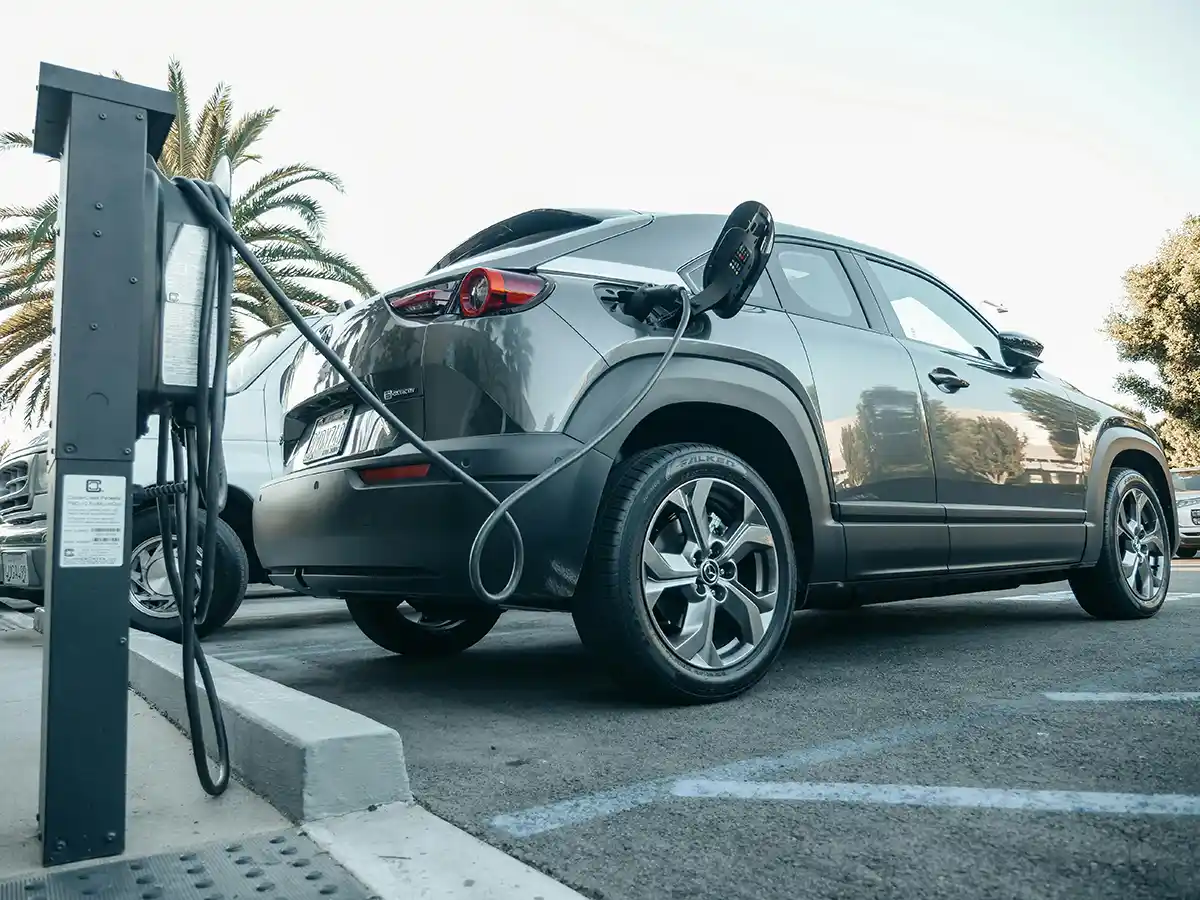
New ECJ decision on the VAT considerations of charging electric vehicles
C‑60/23. – Digital Charging Solutions | Charging an electric vehicle in a charging point constitutes supply of goods for VAT purposes however it is not evident that the access to the network and the adjacent services are ancillary to the supply of electricity. The electricity may also be supplied through commission contracts.
The plaintiff in the background case is a Germany-based company which owns electric vehicle charging points in Sweden. The charging points on the network are operated not by the plaintiff, but by local operators with whom the company has entered into contracts. The users, registering with the company, are provided with a card and an IT application to have access to the charging machines. The company levied a fixed fee for the access to the charging points and the adjacent services, regardless of whether or not the user actually purchased electricity during the relevant period, whereas the price of the electricity was determined on a quantitative basis. The electricity, used for charging, was invoiced by the operator companies to the plaintiff and the latter charged the cost of electricity to the user.
The plaintiff applied to the Swedish Revenue Law Commission for a binding ruling regarding the VAT treatment of the constituent transactions. The Revenue Law Commission took the view that the sales of electricity and the adjacent services constitute a bundle of supplies which is principally characterised by the delivery of electricity to users and that the place of supply was to be regarded as being in Sweden. The plaintiff contested the ruling before the administrative court. The case was referred to the ECJ for a preliminary ruling by the Swedish Supreme Court. The ECJ confirmed, by reference to its former judgement in case C-282/22., that charging an electric vehicle constitutes supply of goods (and not supply of services) from a VAT perspective. However, the court stressed that it may not be concluded, without further investigation, that the adjacent services are to be treated as ancillary to the supply of electricity, but care should be taken in examining the terms and conditions of the use.
The ECJ pointed out that case C-282/22. may not be relevant here as it concerns the situation where the fees of the facilitating services are proportional to the quantity of the electricity supplies. In this case, the user paid a fixed fee for the access to the charging point which should imply that the supply of facilitating services is a distinct supply from a VAT point of view. Notable point of the judgement is that under a commission contract, goods may be supplied without the physical transportation to the intermediary operator (the commissionaire). That is to say, the company between the operators of the charging machines and the user can act as a reseller of the electricity. This might be good news for the operators of fuel card systems, as judgements in cases Auto Lease Holland and Vega International do not deal with the commissionaire trader scheme but find the fuel card services as VAT-exempt financial services, on other grounds.
Lépjen kapcsolatba szakembereinkkel!
Az alábbi űrlap segítségével feliratkozhat szakmai hírlevelünkre, így folyamatosan értesítjük az adózás, a könyvelés és a bérszámfejtés területén megjelenő újdonságokról.











